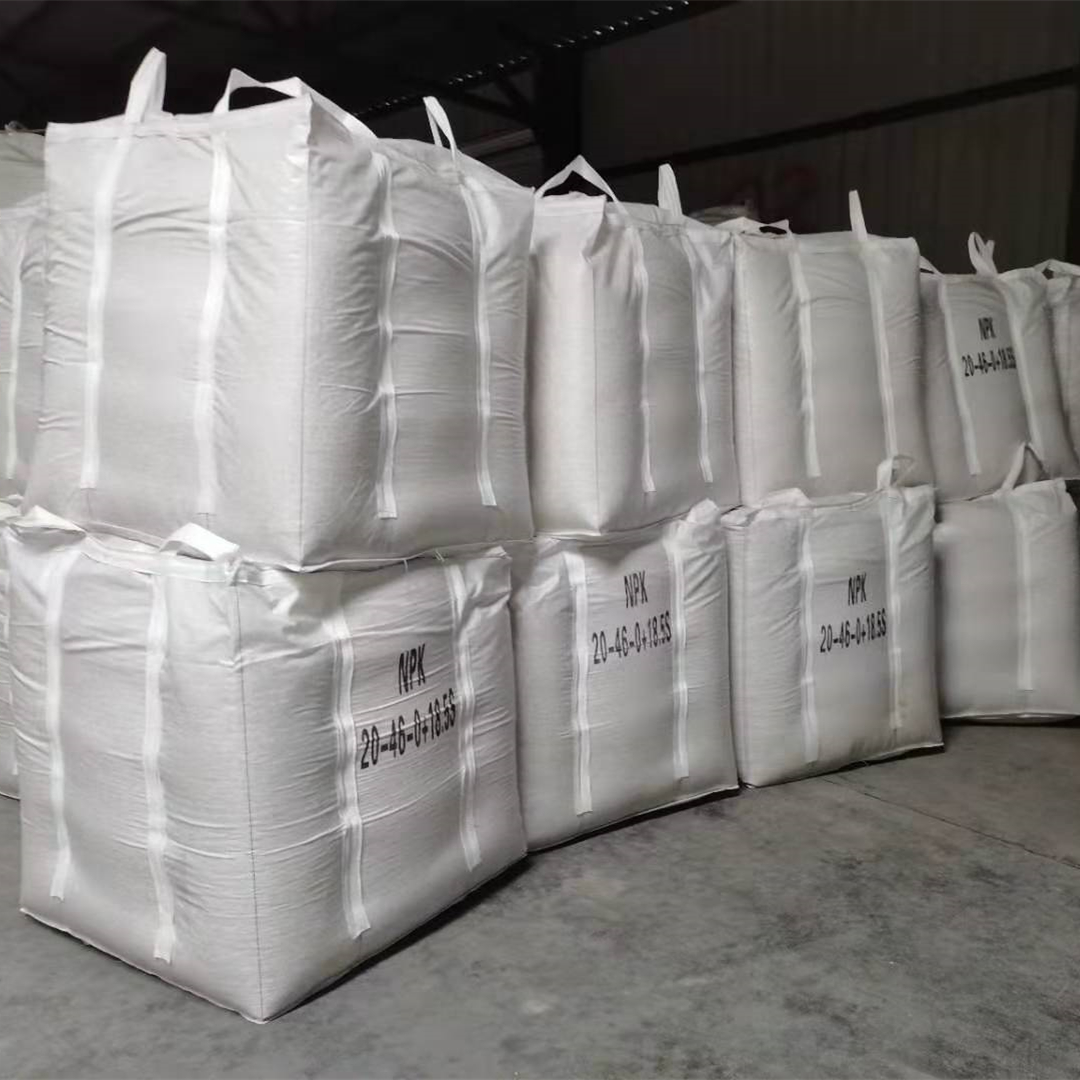
Nov . 09, 2024 08:56 Back to list
Top Organic Fertilizer Manufacturers for Effective 5-10-10 Nutrient Solutions
Understanding Organic 5-10-10 Fertilizer A Comprehensive Guide for Manufacturers
The agricultural sector is rapidly evolving, with a notable shift towards sustainable practices. Among these, organic fertilizers have gained significant traction due to their environmental benefits and effectiveness in improving soil health. One highly regarded formulation is the organic 5-10-10 fertilizer, which presents a balanced ratio of essential nutrients that cater to various crop needs. This article delves into the specifics of this fertilizer, highlighting its importance, composition, and manufacturing considerations for producers.
What is Organic 5-10-10 Fertilizer?
Organic 5-10-10 fertilizer refers to a fertilizer composed of organic materials containing a nutrient ratio of 5% nitrogen (N), 10% phosphorus (P), and 10% potassium (K). The numbers indicate the percentage of each nutrient in the fertilizer blend, which is crucial for plant growth and development. The organic aspect signifies that the ingredients are derived from natural sources, making it an environmentally friendly option for gardeners and farmers alike.
Nutrient Breakdown
1. Nitrogen (5%) Essential for leafy growth and overall vigor, nitrogen plays a critical role in producing chlorophyll, the green pigment in plants. This nutrient is crucial for leafy vegetables and plants that require robust top growth.
2. Phosphorus (10%) This nutrient is vital for root development and flowering. It supports energy transfer within the plant, aiding in photosynthesis and the conversion of nutrients. Phosphorus-rich fertilizers are particularly beneficial during the early stages of plant growth and for flowering plants.
3. Potassium (10%) Potassium enhances overall plant health, improving drought tolerance, disease resistance, and nutrient absorption. It is crucial during the fruiting and flowering stages, helping produce quality crops with a longer shelf life.
Advantages of Using Organic 5-10-10 Fertilizer
- Sustainable and Eco-friendly As the demand for sustainable farming practices increases, using organic fertilizers proves beneficial for the environment. They improve soil structure and promote biodiversity, contributing to healthier ecosystems.
organic 5-10-10 fertilizer manufacturers

- Improved Soil Health Organic fertilizers enhance soil microbiota, leading to better nutrient absorption and retention
. They encourage the growth of beneficial microorganisms, which can improve soil quality over time.- Slow Release of Nutrients Unlike synthetic fertilizers, organic fertilizers release nutrients gradually, reducing the risk of leaching and runoff. This slow release aligns with plant uptake, ensuring that crops receive nutrients when they need them.
- Enhancement of Plant Resilience Plants nourished with organic fertilizers tend to develop stronger cell walls, improving resistance to diseases and pests.
Manufacturing Considerations for Organic 5-10-10 Fertilizer
Manufacturers looking to produce organic 5-10-10 fertilizer must ensure that their raw materials comply with organic certification standards. This involves sourcing ingredients from approved organic materials, such as compost, bone meal, and kelp.
1. Quality Control Rigorous quality control measures should be implemented to test the nutrient levels in raw materials and finished products. Regular testing ensures that the nutrient ratios meet the specified 5-10-10 formula.
2. Processing Techniques Processing organic materials while maintaining their natural integrity is paramount. Methods such as composting and vermiculture can be utilized to produce high-quality organic fertilizers.
3. Packaging and Branding Effective packaging and informative labeling can aid in marketing the product. Highlighting the organic certification, nutrient ratios, and application methods can attract environmentally conscious consumers.
Conclusion
In summary, organic 5-10-10 fertilizer is a valuable tool for enhancing soil fertility and promoting sustainable agriculture. Its balanced nutrient composition supports a wide range of crops, making it an attractive option for growers and manufacturers alike. By focusing on high-quality raw materials and adhering to organic production standards, manufacturers can contribute to a greener future while meeting the growing demand for organic gardening and farming solutions. As consumers become more aware of the environmental impacts of their choices, the market for organic fertilizers will likely continue to expand, making it a worthwhile investment for producers in the agriculture sector.
-
10 10 10 Fertilizer Organic—Balanced NPK for All Plants
NewsJul.30,2025
-
Premium 10 10 10 Fertilizer Organic for Balanced Plant Growth
NewsJul.29,2025
-
Premium 10 10 10 Fertilizer Organic for Balanced Plant Growth
NewsJul.29,2025
-
Premium 10 10 10 Fertilizer Organic for Balanced Plant Growth
NewsJul.29,2025
-
50 Pound Bags of 13-13-13 Fertilizer for All Plants – Bulk & Organic Options
NewsJul.28,2025
-
High-Efficiency 15-30-15 Granular Fertilizer for Healthy Crops
NewsJul.28,2025
